
Education and Employment in ‘Hard’ Science Provide no Salary Advantages Compared to ‘Soft’ Science at Any Career Stage
HSE University economists question whether Russian STEM specialists are better paid than non-STEM specialists. They compare wages of professionals with STEM and no STEM majors, and those working in STEM and no STEM jobs and explore how the gap evolves over the life cycle. They find that there is no advantage of STEM major and STEM job over their no STEM alternative. They present their findings in a paper published in the Voprosy Ekonomiki journal.

Universities’ Pandemic Experience to Be Studied at the International Level
Russian and international researchers should intensify their joint efforts to analyze the changes in higher education over the past year and a half. Speaking at a round table held in the International Multimedia Centre of the Rossiya Segodnya (Russia Today) news agency, HSE Rector Nikita Anisimov suggested that this work be done as part of the International Observatory for Higher Education Transformations—a global research programme launched by HSE University and the Polytechnic University of Milan.
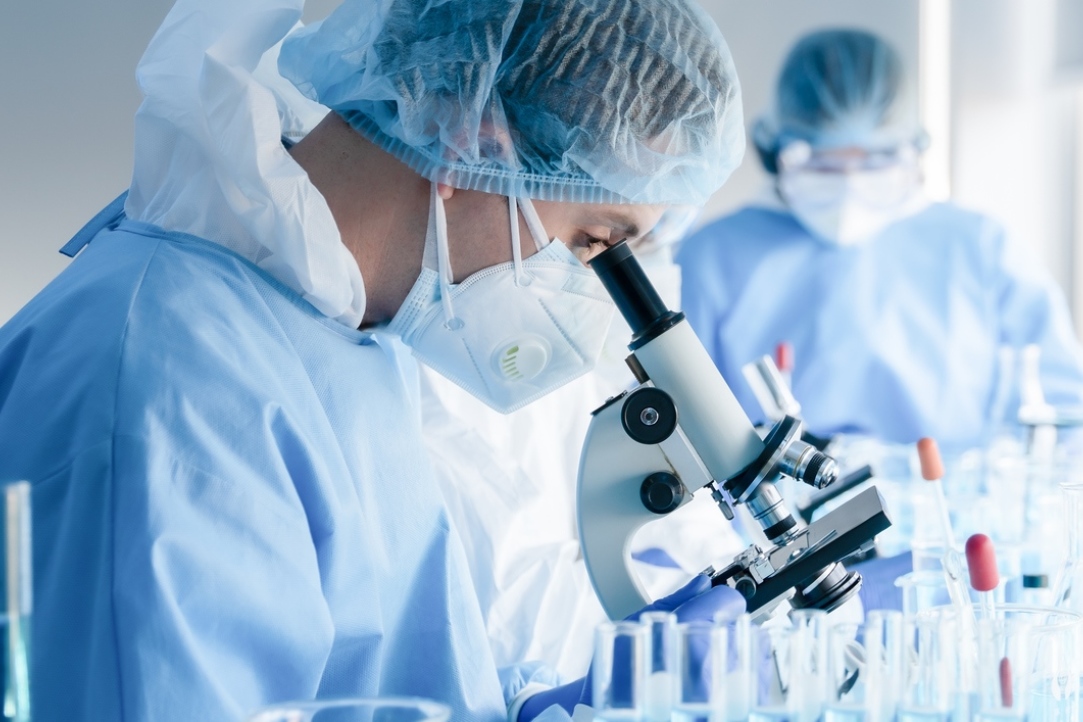
Researchers Discover How to Obtain ‘Ideal’ 3D Cell Cultures for Cancer Research
A group of scientists from Hungary, Russia and Finland have developed a system capable of selecting cancer cells of a specific shape and size—spheroids. SpheroidPicker, the first AI device of its kind, enables a more standardized approach to working with tumour samples. The results of the research have been published in the journal Scientific Reports. One of researchers who worked on the project is Nikita Moshkov, Junior Research Fellow of the Laboratory on AI for Computational Biology.
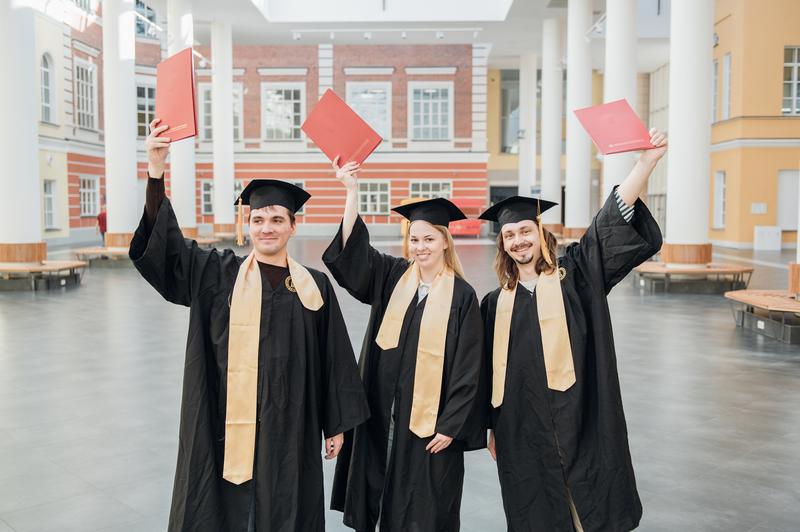
The 'Curse' Is Lifted: Schooling Does Increase Graduates’ Salaries
Although many studies point to highly negative trends in returns to education in Russia, the situation actually appears to be stable and without any signs of overinvestment in human capital. This is the conclusion of Rostislav Kapeliushnikov, Deputy Director of the HSE Centre for Labour Market Studies and Member of the Russian Academy of Sciences. The results of his research are presented in the article ‘Returns to Education in Russia: Nowhere Below?’ published in the 8th issue of the Voprosy Ekonomiky journal.
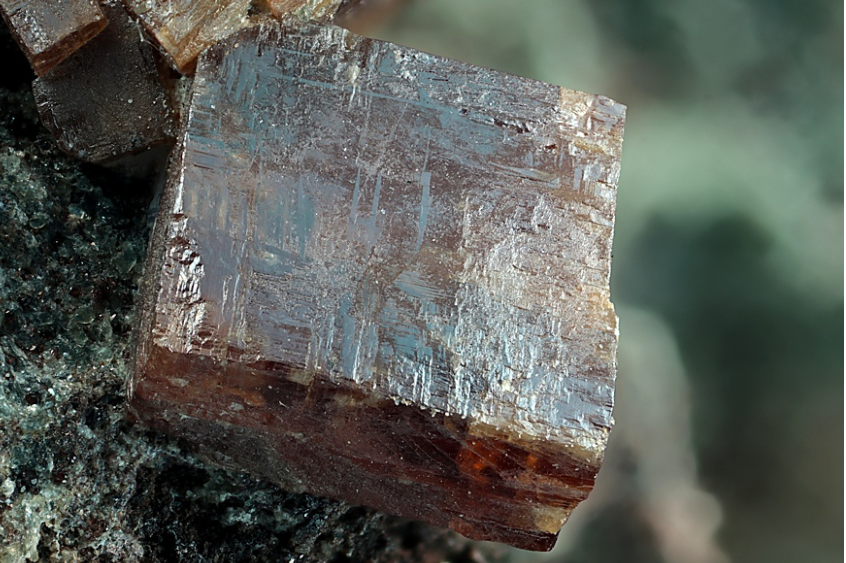
New Data Gained on Double Perovskite Oxides
The Journal of Alloys and Compounds has published an article coauthored by the Institute of Solid State Chemistry and Mechanochemistry (the Ural Branch of the Russian Academy of Sciences), the Donostia International Physics Centre, and the HSE Tikhonov Moscow Institute of Electronics and Mathematics on the characteristics of cubic double perovskite oxides. To date, experimental measurements of the minerals’ characteristics have not corresponded to the results of theoretical modelling. The work marks the first time that researchers have set themselves the task of explaining this disparity. The data obtained will allow researchers to improve low-temperature fuel cell technologies—one of the main alternatives to current sources of electricity.
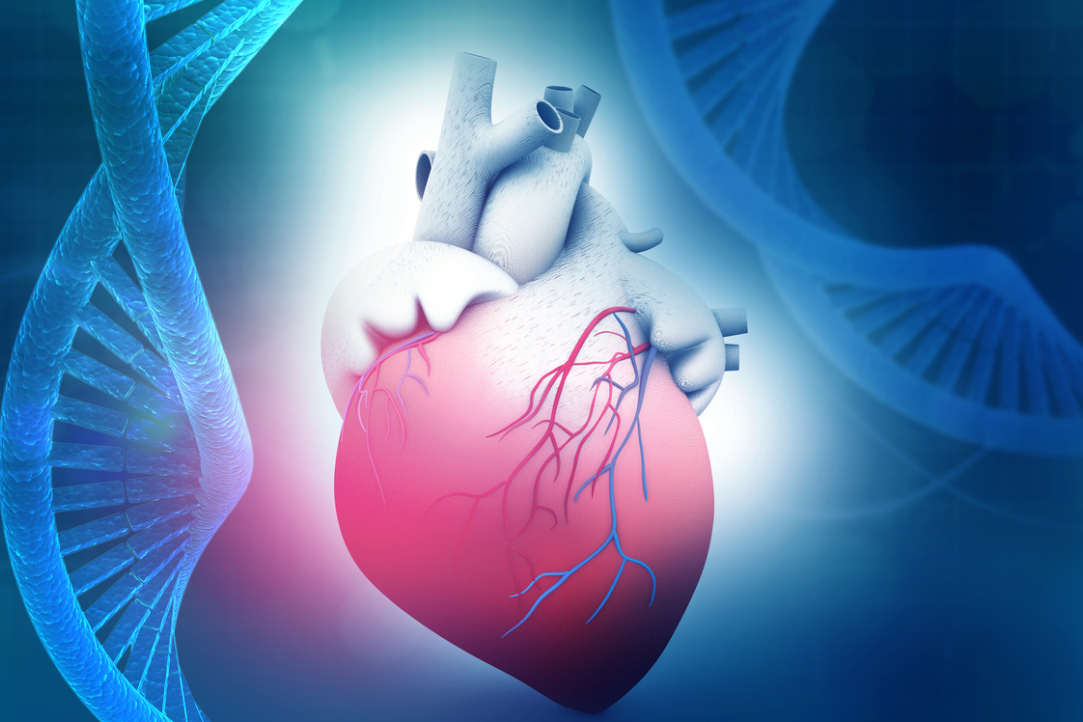
Genetics of Cardiovascular Diseases Consortium Opens at HSE University
The Genetics of Cardiovascular Diseases Consortium, the first of this kind in Russia, was unveiled at HSE University at Cardiogenetics and Bioinformatics: 2021 Realities, an interdisciplinary forum. The consortium aims to compile a centralized and complete catalogue of the Russian population’s genomic mutations.
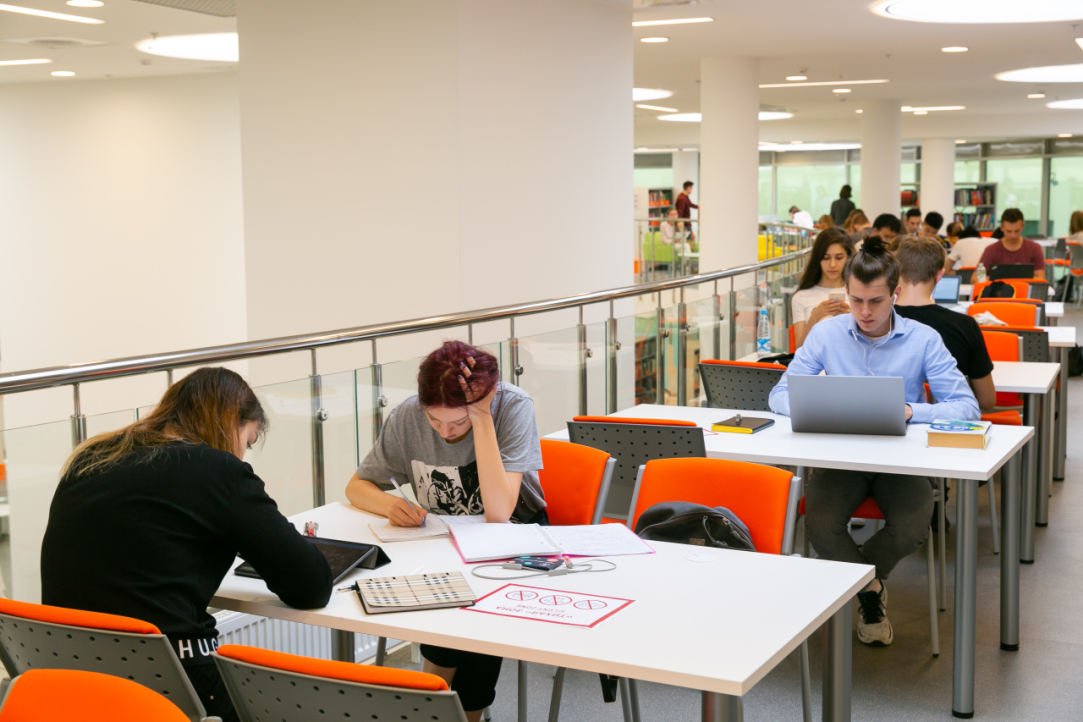
Researchers Confirm Correlation Between Education Expenditure and GDP Growth
HSE University researchers have analyzed the economic performance of almost a hundred countries to understand whether government investment in education pays off. The economists explain what kind of recommendations may be offered to governments—and how they vary based on a country's level of development—in the Voprosy Statistiki journal

Student Research Paper Competition 2021 Kicks Off at HSE University
The annual HSE Student Research Paper Competition (SRPC) helps young researchers try their hand in a real academic competition, where leading experts and professionals from HSE University assess their research papers. This year, participation will be open from September 1 to October 15.

HSE Scholars Determine Tsar Boris Godunov’s Exact Date of Birth
HSE University researchers Feodor Uspenskij and Anna Litvina studied the notes of Georg Tectander, a diplomat of the Holy Roman Empire, and discovered the exact date of birth of Tsar Boris Godunov: August 2 (Julian calendar) or August 12 (Gregorian calendar). The scholars then verified and confirmed this date with other 17th-century sources. The results of the study are presented in a paper published in the Studi Slavistici journal (Florence, Italy), and in a follow-up paper to be published by the same journal at the end of the year.

Businesses Benefit from Board Members’ Diverse Experiences
HSE researchers have assessed the influence of board members’ work experience diversity on a company’s economic performance. Who makes a better board member—company veterans or outsiders? Their findings have been published in the Russian Management Journal.


Deadline for applications to present academic reports - January 20, 2025